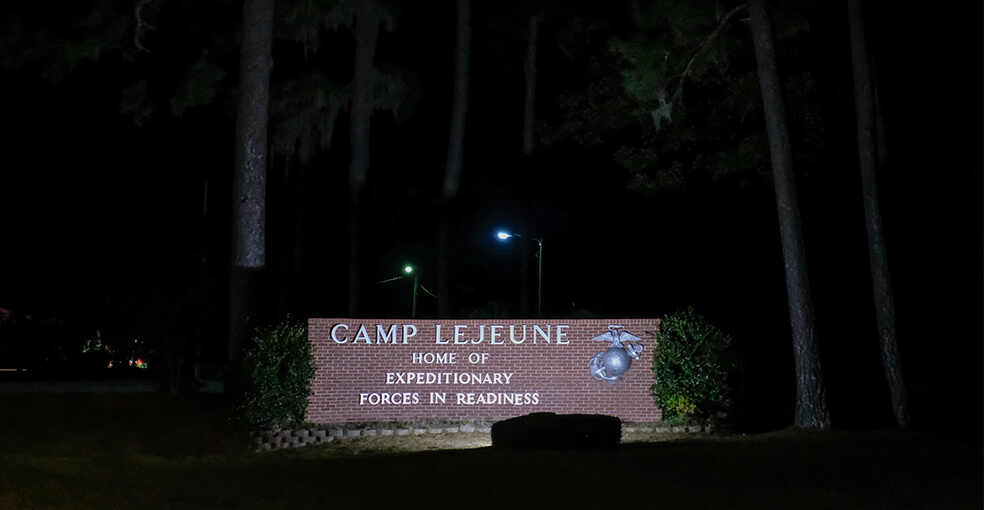Some lawsuits have been filed against the U.S. government for failing to investigate and address the contamination at Camp Lejeune properly. The lawsuits allege that the government knew about the contamination and failed to inform those stationed at the base or take appropriate action to protect their health. The government has acknowledged the contamination and has taken steps to address it, including offering health care and compensation to those affected.
Camp Lejeune, a United States Marine Corps base located in North Carolina, has been the center of attention in recent years due to allegations of contaminated drinking water causing various illnesses among veterans, their families, and civilian employees. The contamination reportedly occurred from the 1950s to the 1980s, with chemicals such as benzene, vinyl chloride, and trichloroethylene (TCE) seeping into the base’s water supply.
The U.S. government began investigating the issue in the 1980s and declared the water supply safe in 1985, despite evidence to the contrary. It wasn’t until years later that the true extent of the contamination and its health effects became known. In 2012, Congress passed the Honoring America’s Veterans and Caring for Camp Lejeune Families Act, which granted health care to veterans and their family members exposed to contaminated water.
However, many people affected by the contamination believe the government hasn’t done enough to compensate them for their suffering. As a result, many have filed lawsuits against the government and other parties responsible for the contamination.
Who Can File a Camp Lejeune Lawsuit?
Have you or a loved one experienced the effects of the Camp Lejeune water contamination and received a diagnosis of a related illness? You may be eligible to file a lawsuit seeking compensation for damages, including medical expenses, lost wages, and pain and suffering.
Those who can file a Camp Lejeune lawsuit include:
- Active duty military personnel stationed at Camp Lejeune between 1953 and 1987
- Former military personnel who lived or worked at Camp Lejeune during the same period
- Family members of military personnel who lived with them at Camp Lejeune during the same period
- Surviving family members of military personnel who died due to a related illness, such as cancer or leukemia.
Military personnel who received a dishonorable discharge are not eligible to seek compensation.
It’s essential to note that different states have different statutes of limitations, meaning there is a specific time limit within which you can file a Camp Lejeune lawsuit. Therefore, consulting with an experienced personal injury attorney is important to understand your legal rights and options for pursuing compensation.
























